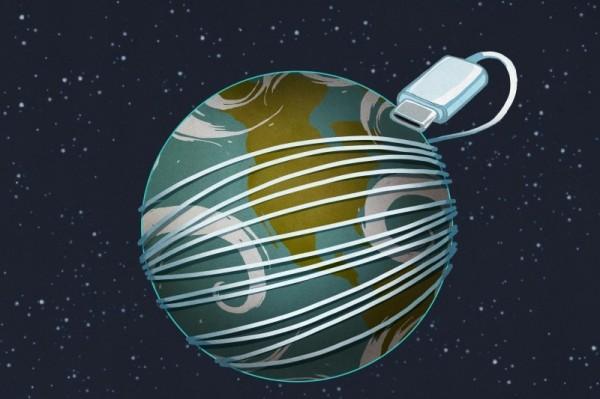I just spent a day or two recently going through all the standards to find a USB-C charger and matching cable to charge my old Macbook Air, instead of buying one from Apple at double the price. The thing I found out, though, was that USB-C is all dependent upon the charger as well as cable capabilities, as these communicate with the device being charged. This is why some chargers won’t charge a laptop, or why some phones may only charge at low power whilst they are actually capable of fast charging.
I saw this article today, and it does a good job of trying to unpack this, along with the various step-up voltages supported. So, especially if you want to achieve the higher voltages and currents, you need to check what standards both the charger and the cable support (if you are matching with a 3rd party cable).
And then note too that some phones like the new Samsung flagships will want PPS support for fast charging. No PPS comms through the cable or from the charger, means it won’t do fast charging.
It’s interesting too to read about the reversal roll when a dock is plugged into the USB-C port of a laptop. And certainly all this should be borne in mind when choosing a new USB-C hub.
See https://hackaday.com/2023/01/09/all-about-usb-c-power-delivery/
#technology #USBC #chargers #chargingcables #power

